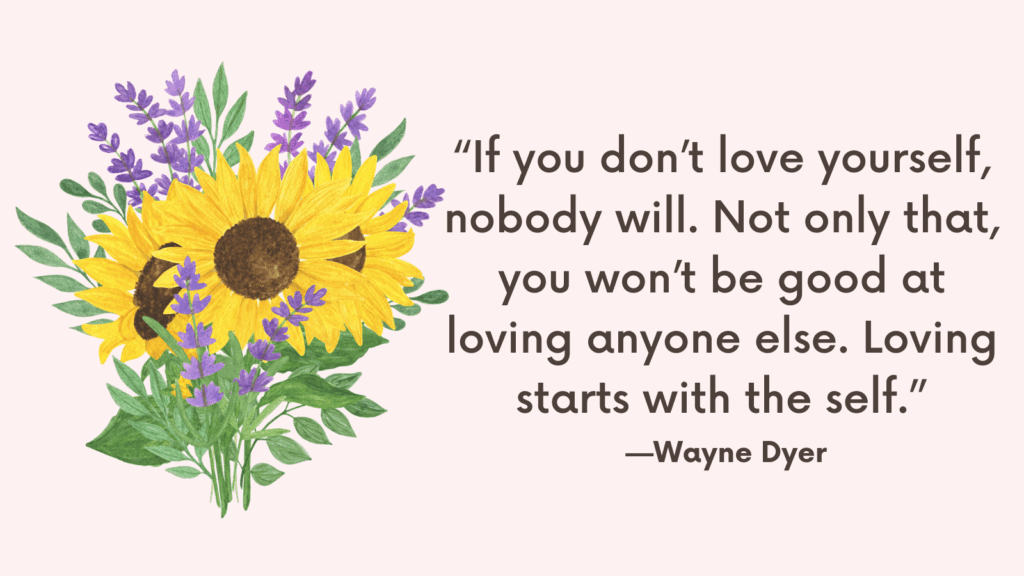In this post, you’re going to learn how to communicate with your partner without fighting.
Is a Relationship Healthy Without Fighting?
The presence or absence of fights or arguments alone is not a comprehensive indicator of the relationship’s well-being.
Instead, the quality of communication, emotional connection, mutual respect, and the ability to navigate conflicts constructively are more significant determinants of a healthy relationship.
Healthy relationships encompass a range of characteristics, including effective communication, mutual trust, respect for individual boundaries, shared values, emotional support, and the capacity for resolving conflicts in a constructive manner.
When conflicts arise, couples in healthy relationships can navigate them with empathy, active listening, and a collaborative mindset, ultimately strengthening their bond.
Constructive conflict resolution fosters growth, understanding, and intimacy, contributing to the overall vitality of the relationship.
It’s important to acknowledge that disagreements and differences of opinion are natural components of any partnership.
However, the way in which these conflicts are managed and addressed can greatly impact the relational dynamic.
A healthy relationship involves the ability to express differing viewpoints, engage in respectful dialogue, and work together to find mutually agreeable solutions.
Related: I Can’t Talk To My Husband without Him Getting Angry: Top 8 Things to Do
How To Communicate With Your Partner Without Fighting?
The ability to engage in meaningful dialogue with your partner without escalating into conflict is a skill that requires intention, practice, and a deep understanding of interpersonal dynamics.
1. Active Listening
Active listening is a foundational component of effective communication. It involves not only hearing your partner’s words but also demonstrating genuine attention, empathy, and understanding.
When practicing active listening, make a conscious effort to provide your undivided attention to your partner.
Maintain eye contact, nod to convey acknowledgment, and refrain from mentally formulating your response while they are speaking.
Instead, focus on comprehending their perspective, emotions, and underlying concerns.
By actively listening, you convey respect for your partner’s thoughts and feelings, setting the stage for a more meaningful exchange.
2. Use “I” Statements
When expressing your thoughts, emotions, and concerns, utilize “I” statements to convey your experiences and perspectives.
“I” statements are framed from your personal viewpoint, emphasizing your feelings and reactions rather than attributing blame or criticism to your partner.
For example, instead of saying, “You always ignore my opinions,” reframe it as, “I feel unheard when I sense my opinions are being dismissed.”
This approach fosters a non-confrontational atmosphere, minimizing the likelihood of your partner becoming defensive or feeling attacked.
Related: What Kills Long-Distance Relationships Fast? Top 8 Factors
3. Express Empathy
Empathy serves as a cornerstone of compassionate communication.
Demonstrating empathy involves actively acknowledging and validating your partner’s emotions, even if you may not agree with their perspective.
Reflecting back their feelings and concerns conveys an understanding of their experience and cultivates a supportive environment for open, authentic dialogue.
By expressing empathy, you convey that your partner’s emotions are valued and recognized, fostering a sense of emotional safety within the relationship.
4. Avoid Blame and Criticism
During conversations with your partner, strive to steer clear of employing accusatory language or criticisms.
Rather than placing blame or engaging in character attacks, direct your focus toward addressing the specific issue at hand.
Refrain from using sweeping generalizations such as “You always…” or “You never…”, which can trigger defensiveness and hinder productive communication.
By centering the discussion on the present concern rather than resorting to sweeping accusations, you establish a more solution-oriented and collaborative dialogue.
Related: How To Save Your Relationship From A Breakup? 5 Steps To Strengthen Your Relationship
5. Take Breaks When Needed
Recognize the importance of self-regulation and emotional awareness during communication with your partner.
If a conversation becomes emotionally charged or heated, it is crucial to identify when a pause or break is necessary.
Establish a mutually agreed-upon signal or phrase that either partner can use to indicate the need for a temporary cessation of the discussion.
Use this time to engage in calming activities, such as deep breathing or mindful reflection, to regain composure before resuming the conversation.
Taking breaks when needed allows for emotional regulation and prevents discussions from escalating into a conflict-laden exchange.
6. Seek Compromise
Embrace a mindset of collaboration and compromise as you navigate discussions with your partner.
Approach conversations with a willingness to seek common ground and find mutually beneficial solutions.
Strive to incorporate flexibility and openness in exploring alternative viewpoints and potential resolutions.
By embracing a spirit of compromise, both partners contribute to a dynamic of cooperation and understanding, promoting a sense of shared investment in the relationship’s well-being.
Related: Fear of Vulnerability Test
7. Set Ground Rules
Establishing clear guidelines for communication can be instrumental in fostering a healthy, respectful dialogue with your partner.
Consider outlining ground rules that reflect mutual respect, active listening, and civility.
These rules may encompass agreements to refrain from interrupting each other, speaking respectfully, and taking turns sharing perspectives.
Consistent adherence to these guidelines fosters an environment where both partners feel heard, respected, and valued during conversations.
8. Practice Mindfulness
Incorporating mindfulness practices into your communication efforts can significantly enhance your ability to engage with your partner in a calm, centered manner.
Mindfulness involves cultivating present-moment awareness, non-judgment, and emotional regulation.
Consider integrating techniques such as deep breathing exercises, grounding activities, and sensory awareness practices to enhance your capacity for staying composed and focused during challenging discussions.
By practicing mindfulness, you can cultivate a heightened sense of self-awareness and emotional equilibrium, contributing to more grounded and balanced interactions with your partner.
Related: Best 8 Mindfulness Exercises For Adults That Will Help You Regulate Your Emotions

Conclusion
Effective communication with your partner is a multifaceted skill that requires intention, patience, and ongoing commitment.
By incorporating active listening, “I” statements, empathy, and constructive conflict resolution strategies into your interactions, you can cultivate a communication style that promotes understanding, emotional safety, and mutual respect within your relationship.
Remember that developing and refining these skills is a gradual process, and it is essential to approach communication with an open heart and a willingness to embrace growth and transformation within the partnership.



